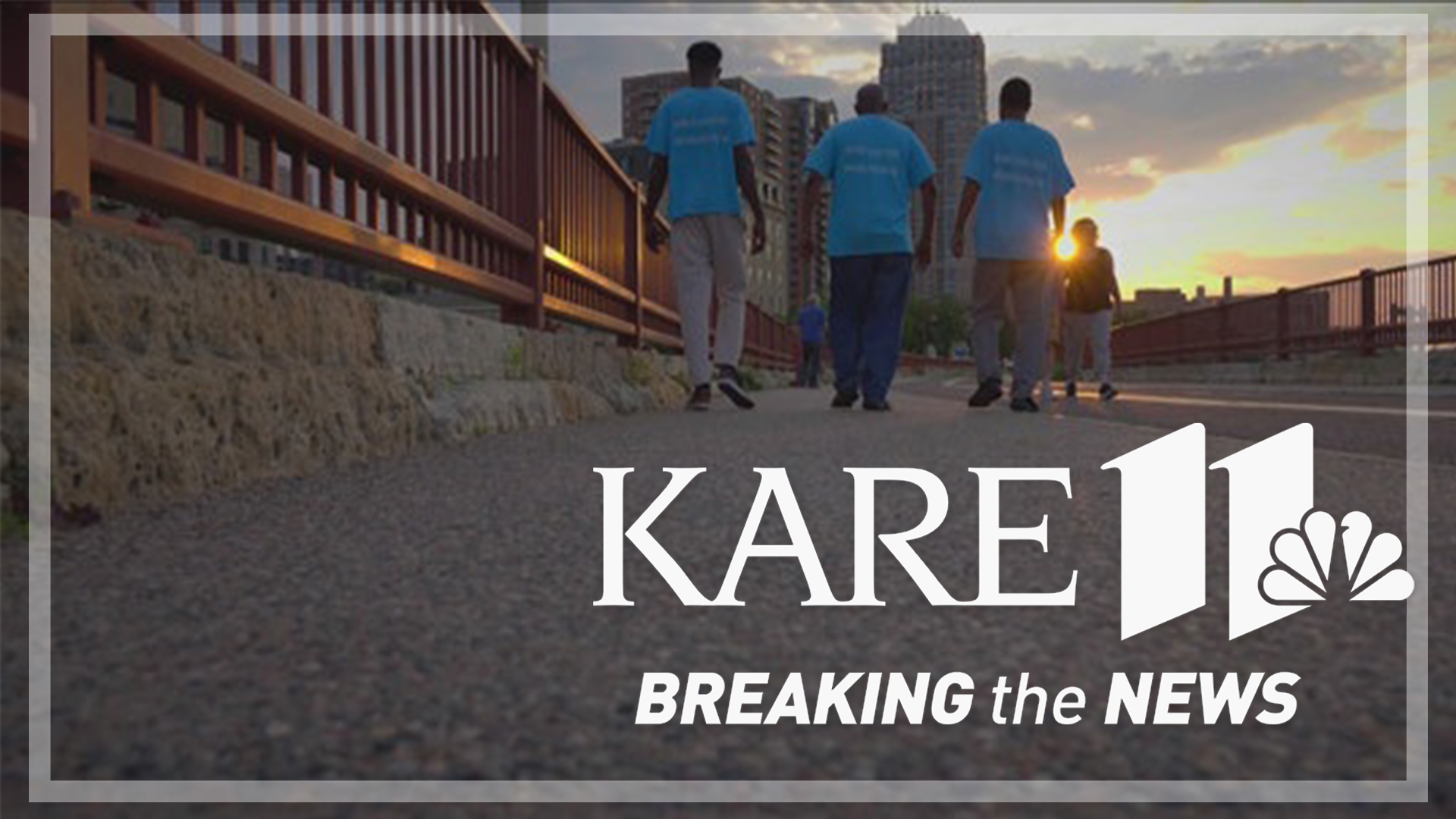MINNEAPOLIS — The Minneapolis-based group called Somali Youth Link continues to patrol parts of the city to deter violence where youth tend to gather.
"It's not like all the Somali kids are bad, but there are some bad apples and those bad apple voices are louder than others," said Basheir Elmi, a Somali elder who walked with the group Tuesday night.
The theory comes after nearly 20 Somali youth were charged for targeting police and other people with fireworks over the 4th of July - violence that also plagued the last two holidays.
The group was originally contracted by the Minneapolis Downtown Improvement District, a non-profit working to keep the city clean and safe. After its 90-day pilot program last year, the city said the work was so successful, the Neighborhood Safety Department extended the services for one year - contracting directing with Somali Youth Link for $300,000 that runs through May of 2025.
The group provides culturally specific support services and outreach including housing, employment, mental health services and drug treatment.
"Much of the work that we do is focused on the youth because we want them to be safe," said Elmi. "We don't want them to be arrested, we don't want them to get felonies and we don't want them to destroy their future. They need to understand that and so do their parents."
Elmi says the group patrols areas like Boom Island, Dinkytown and the Stone Arch Bridge five times a week. But the elder women in the group will tell you the work to combat violence really started back in 2014.
That's when the non-profit, Voice of East African Women, first partnered with local law enforcement to prevent ISIS from recruiting Somali youth. Now, they say they are witnessing an alarming increase in concerning patterns of behavior among East African youth, including violence and substance abuse.
"We tell them, we know your mother, go home, and they say OK, I'm sorry," said Khadra Mohamed. "They listen to us."
The women are also mothers and say their presence is a proactive approach to any threats to public safety and say they are making a difference.
On Wednesday, the Office of Community Safety sent KARE 11 a statement about its current contract with the group, writing, “Community Safety is the responsibility of all of us. To that end, the Neighborhood Safety Department seeks partnerships with organizations that have connections with community groups that represent our City. These services were designed and are provided by the community for the community. Solutions are always found within the affected population, it makes sense that we would invest in services that come directly from community. However, this is one of our newer contracts and we continue to review both qualitative and quantitative data to assess effectiveness.”
"We don't try to do police work," said Elmi. "We'll try to help and talk in a way that's very calm and not confrontational."
Elmi says kids needs cultural specific support and they're helping bridge a growing generational divide that includes many issues from single-family homes to deeply ingrained trauma from decades of civil war.
"I think there are a lot of Somali kids with successful stories who are engineers, programmers and managers," said Elmi. "The bad voices are always bigger than the quieter voices."
He's hopeful their continued work will help restore order and create a much more safe and calm 4th of July next year.
Watch more Breaking The News:
Watch all of the latest stories from Breaking The News in our YouTube playlist:

